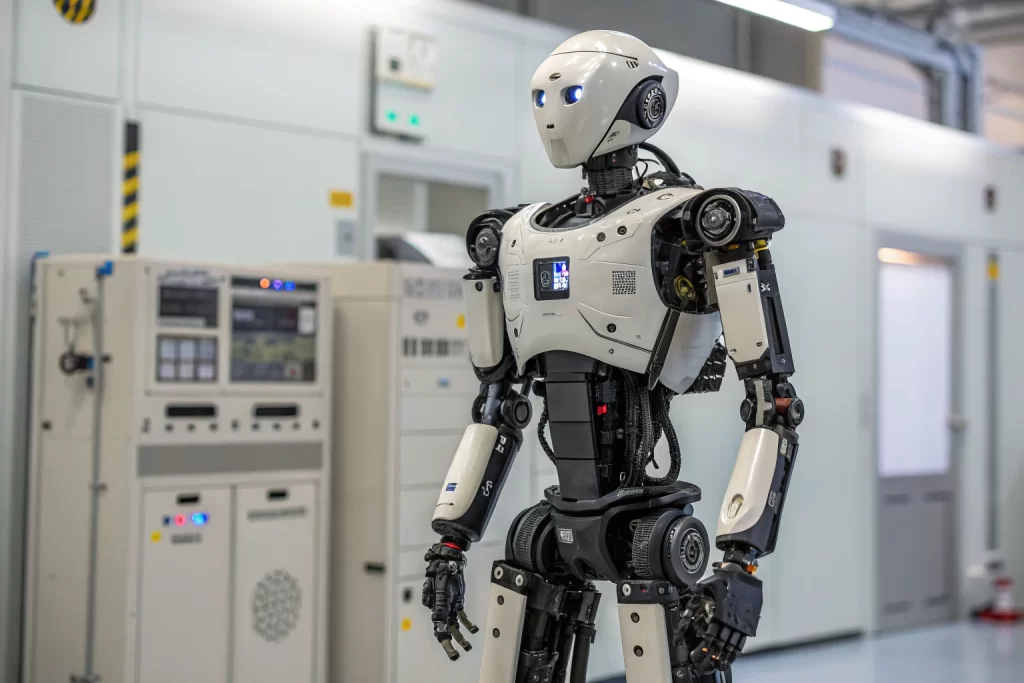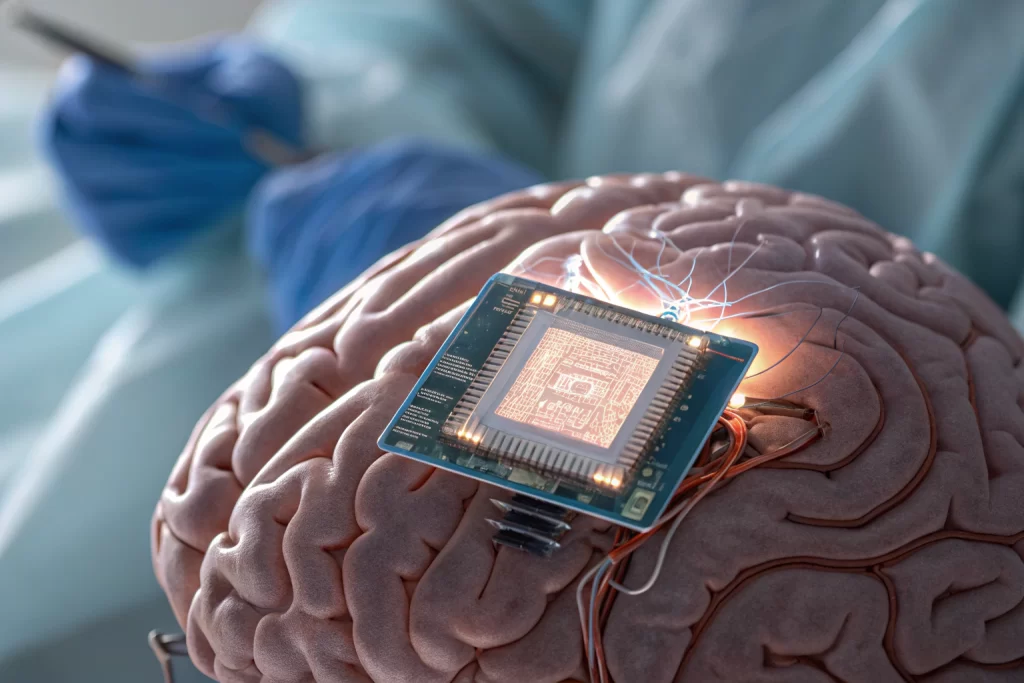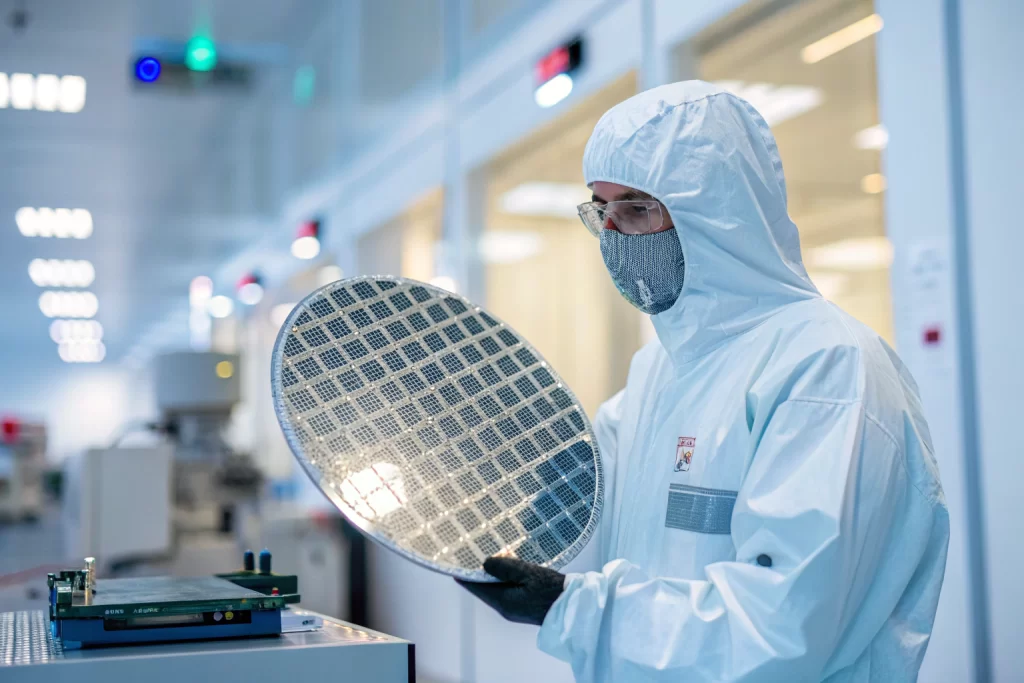
OpenAI Delays GPT-5 Launch, Meta Unveils Llama 4 Models, and DeepSeek Enhances AI Reasoning Techniques
Share your love
OpenAI has announced a delay in the highly anticipated GPT-5 launch due to integration challenges and surprising performance improvements, opting to release interim models o3 and o4-mini instead. Meanwhile, Meta unveiled Scout and Maverick under its Llama 4 family, with Maverick boasting 400 billion parameters and Scout designed for summarization and code reasoning. Chinese startup DeepSeek introduced an advanced reasoning methodology developed with Tsinghua University, showing strong potential in AI-human alignment. Additionally, Atla’s Selene model is helping organizations enhance AI output quality, with early adopters reporting productivity boosts of up to 15%.
Table of Contents
- OpenAI Delays GPT-5 Launch
- Meta Introduces Llama 4
- DeepSeek’s New AI Reasoning Method
- New AI Tools Launched
- Conclusion
OpenAI Delays GPT-5 Launch
In a surprising twist, OpenAI’s CEO, Sam Altman, announced that the launch of GPT-5 has been delayed by several months.
Reason for the Delay
The reason for this delay is two-fold:
- Integration Challenges
- Unexpected Performance Gains
These improvements will enhance the final product. As a temporary solution, OpenAI will release two smaller models:
- o3
- o4-mini
Impressive Capabilities
- o3: Performs at a level comparable to a top-tier coder.
Meta Introduces Llama 4
Hot off the press, Meta has released two models from its Llama 4 family:
- Scout
- Maverick
Model Features
- Maverick:
- Total Parameters: 400 billion
- Actively Uses: 17 billion for optimized performance.
- Scout:
- Focus: Summarization and code reasoning
- Token Context Window: 10 million tokens
Future Plans
Meta also announced a fourth model, Llama 4 Reasoning, coming soon.
DeepSeek’s New AI Reasoning Method
A Chinese startup, DeepSeek, has developed an innovative technique aimed at enhancing reasoning in large language models in collaboration with Tsinghua University.
Method Highlights
- Combines Generative Reward Modeling and Self-Principled Critique Tuning
- Shows promising results in aligning AI with human preferences.
This development comes just ahead of their next-gen model, DeepSeek-R2.
New AI Tools Launched
Atla has expanded the capabilities of its evaluation-focused large language model, Selene. This model helps improve AI outputs by:
- Identifying flaws
- Enforcing custom standards
Success Stories:
Reports indicate that early adopters have seen notable improvements in output quality. For instance, one financial company boosted their work by 15%!
Conclusion
That’s a wrap for today!
Stay tuned for your daily dose of insights from the world of Artificial Intelligence.
Stay curious and informed as the tech landscape evolves!















